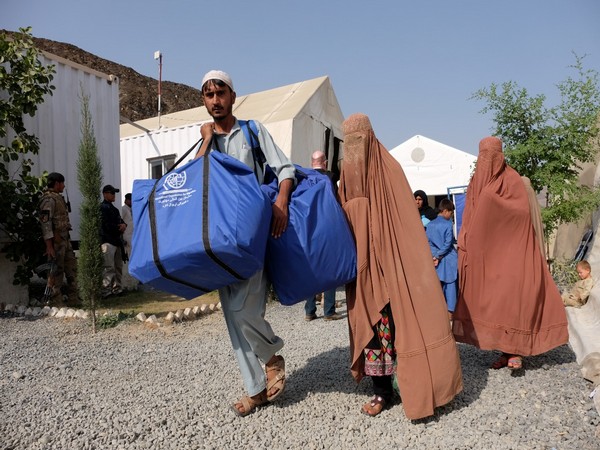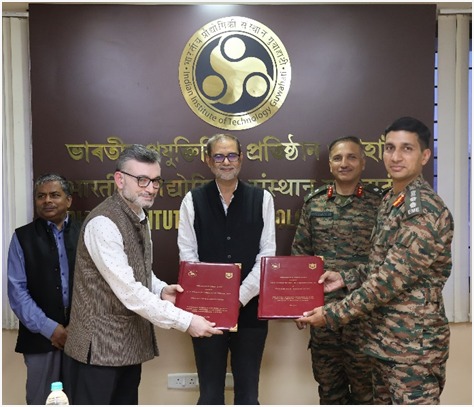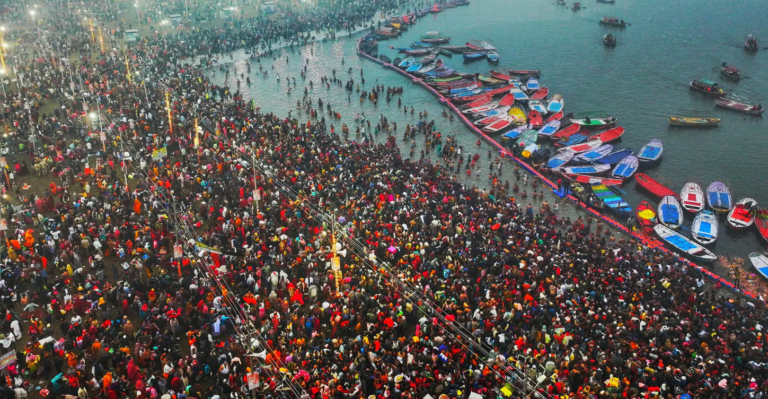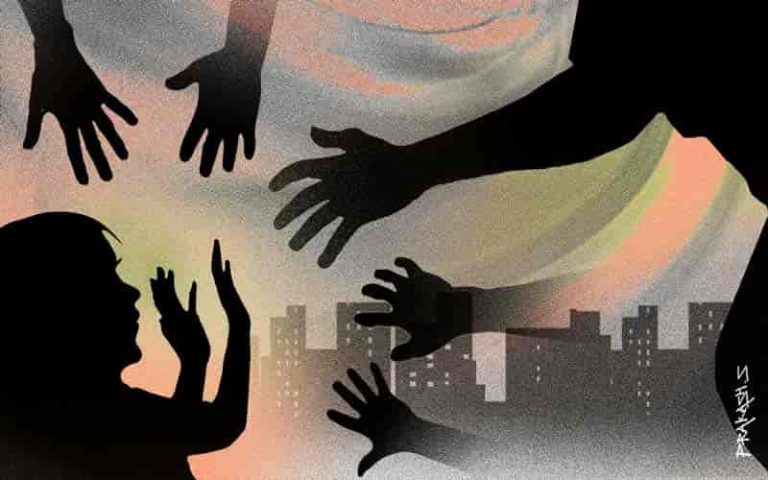98 Afghan Nationals who fled to Japan due to the Taliban’s rising atrocities in Afghanistan have been granted refugee status on Tuesday by Japan.
Amongst the Afghan nationals, refugee status has also been given to staff who worked at the Japanese embassy in Kabul and their families, who left Afghanistan last year, reported Khaama Press citing sources.
Along with their families, the employees of the Japan International Cooperation Agency and other private companies who were evacuated have also been given refugee status.
Japan’s recognition of the Afghan refugees, an unprecedented gesture for a country with less to no track record of granting asylum, may have an impact on how it approaches refugees in the future from conflict-ridden countries like Myanmar and Ukraine.
Notably, Afghan refugees in Japan will be granted permanent residence after five years of residence if the requisite criteria will be fulfilled.
It is said that more than 800 Afghans have been evacuated to Japan since the fall of the country to the Taliban on the 15th of August 2021. Many of the Afghan refugees who flew to neighbouring nations seeking shelters after the Taliban takeover last August encountered atrocities as many do not have legal documents or visas.
Since the Taliban’s return to power in August last year, Afghanistan’s situation has only deteriorated as serious human rights violations continue unabated.
A report by the High Commissioner for Human Rights (HCHR) Michelle Bachelet highlighted the situation of human rights in Afghanistan, particularly since the Taliban takeover of Kabul in August last year.
Talking about the rights of women and children, the Taliban regime has curtailed women’s rights and freedoms, with women largely excluded from the workforce due to the economic crisis and restrictions.
Earlier, UNHCR asked the European Union to accept 42,500 Afghans over five years but the request was resisted by the countries.
With the reestablishment of the Taliban, a large number of Afghans fled the country and many are now living in poor conditions in the neighbouring countries. (ANI)















